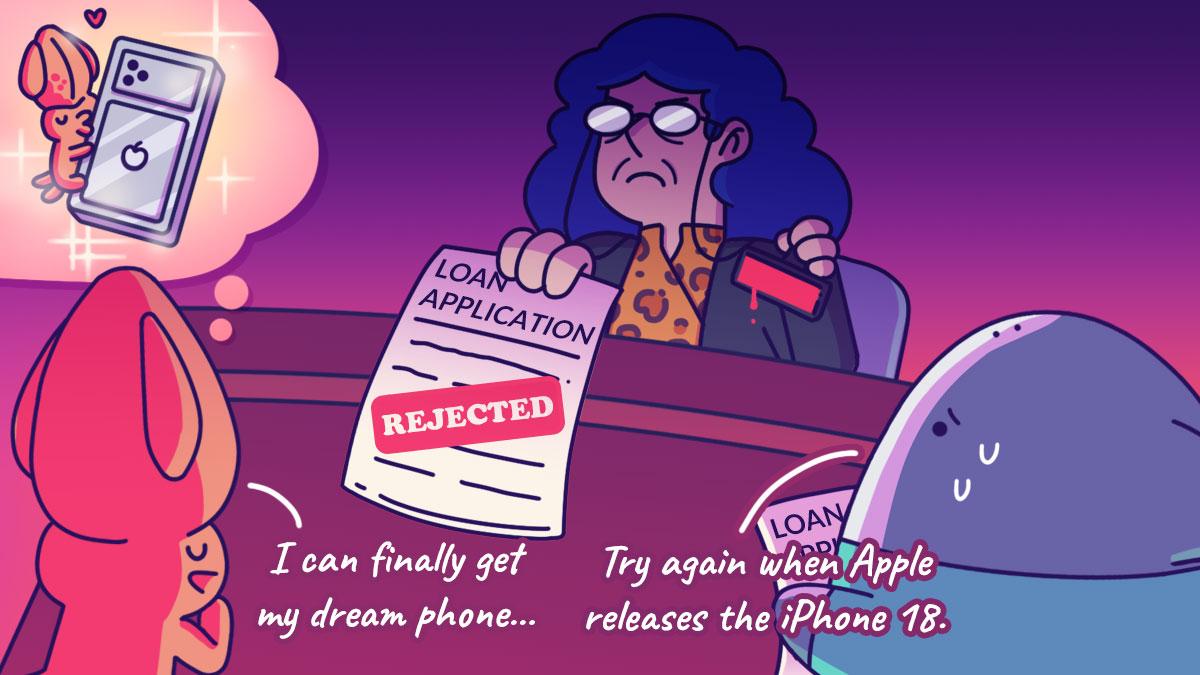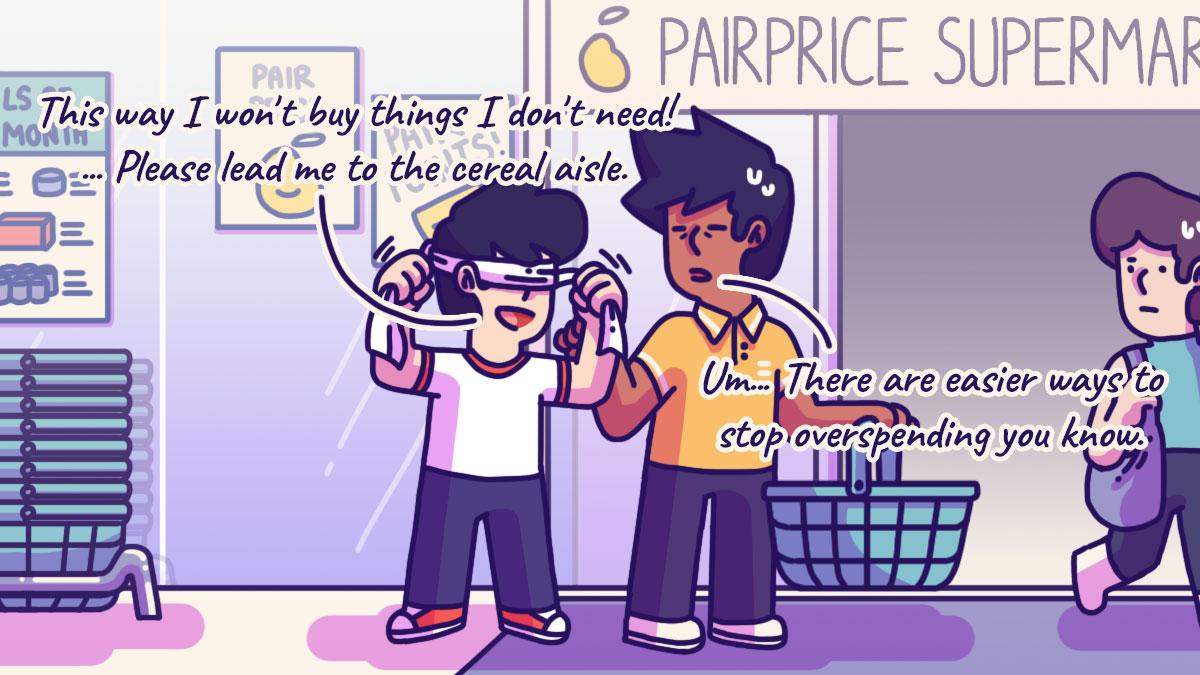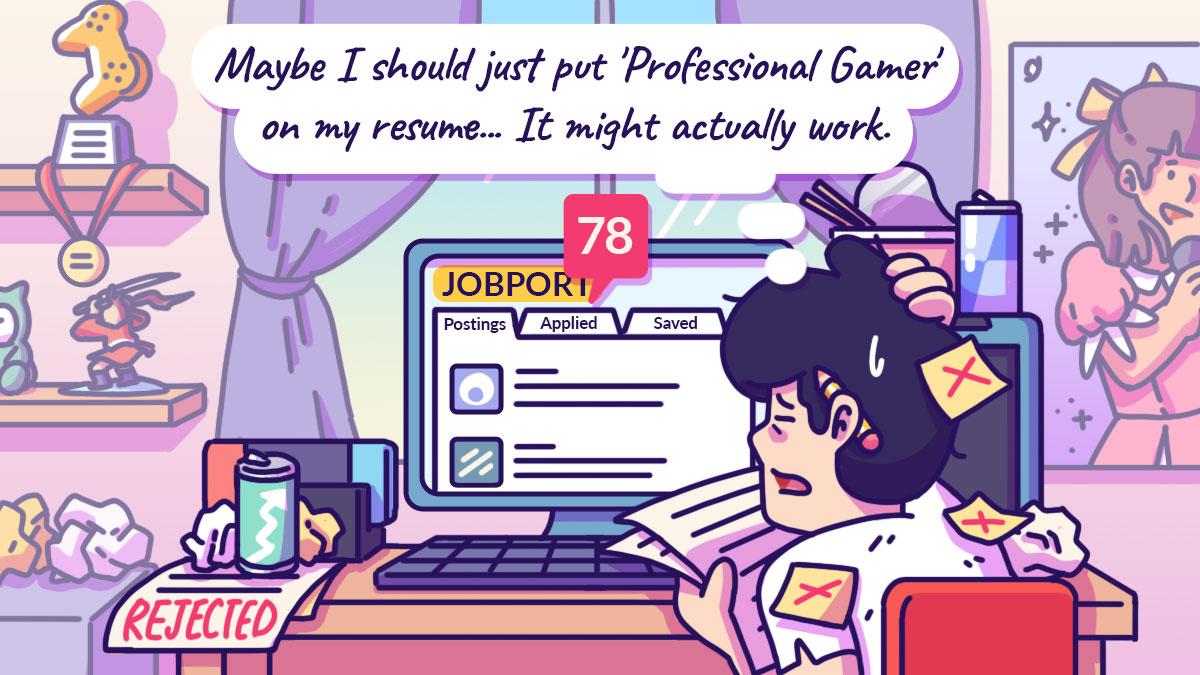Sometimes life throws you an unexpected surprise that makes both your heart and wallet pound. Maybe your laptop breaks down right before a big project, or an urgent medical bill lands in your inbox.
Sometimes, dipping into your savings just isn’t enough. That’s when a personal loan can seem like a lifeline. Or is it?
Before you jump in and sign up for a personal loan, it’s worth pausing and thinking awhile.
Taking on a loan means committing your future income to repay it, plus interest. That can be empowering if managed well, or it can turn into a heavy burden if rushed into without much thought.
So, how do you know if a personal loan is the right move? Here are five questions to ask yourself.
1. Do I really need this loan?
The first thing to consider is whether you’re borrowing for a need or a want. A medical emergency or urgent car repair might justify a loan. But borrowing to fund a holiday or buy the latest gadget? That could leave you in debt for something that doesn’t grow your financial well-being.
If the expense is non-essential, say, a fancy vacation, it is not worth going into debt. Instead, give yourself less financial stress by saving up and paying for it in cash later, when your finances are ready.
Asking yourself why you need the loan is the first step in making a responsible decision. If the expense can wait or be saved for, that’s often the smarter choice.
You can even try applying the 30-day rule: Wait for a month, and if after that time you still feel the expense is truly necessary, then reassess whether a loan is worth it.
2. Can I afford the monthly payments?
This is where many borrowers trip up. It’s easy to look at the monthly repayment sum and feel relieved, but don’t forget you’ll have to pay it back in installments, often for years.
Borrowers often underestimate how tight their budget will feel after taking a loan. Remember, interest charges can make the total repayment amount much higher than the amount you borrowed.
To figure out your repayment budget, list out your current monthly commitments: rent, utilities, groceries, transport, and existing debts. Then calculate how much breathing room you actually have left. A good rule of thumb is that your total debt repayments shouldn’t exceed 30–35 per cent of your monthly income.
3. Have I explored all my options?
Not all personal loans are the same. Some banks or lenders may offer lower interest rates, more flexible repayment terms, or fewer fees than others. That’s why it pays to compare before deciding.
When you shop around, look closely at:
- Interest rates (flat vs. reducing balance)
- Processing fees
- Late payment penalties
- Prepayment flexibility
Even a small difference matters, just a 1 per cent lower interest rate can save you hundreds of dollars over the years.
Also, consider alternatives. Can you dip into your emergency fund? Negotiate an installment plan directly with your service provider (like a hospital or electronics store)? Or even borrow interest-free from trusted family or friends? Exhaust your non-interest fee options first before you think about a personal loan.
4. How will this loan impact my future?
Think about where you want to be in the next three to five years. Does this loan move you closer to that goal, or push it further away?
A loan isn’t just about today; it also shapes your tomorrow. Will this loan limit your ability to save for bigger goals, like buying a home, further studies, or retirement?
Loans can affect your credit score positively or negatively. Paying on time can help build your creditworthiness, but missing payments or borrowing more than you can manage can damage it.
5. What’s my backup plan if things go wrong?
Life is unpredictable. Job loss, illness, or other emergencies can make repayments difficult. Before committing, ask yourself:
- Do I have an emergency fund that can cover a few installments?
- Do I have insurance that can help in case of medical emergencies?
- Can I restructure the loan with my lender if things get rough?
Borrowing without a safety net can easily spiral into more debt, late fees, and unnecessary stress. Although it’s obvious that you probably are cash strapped hence the personal loan. But try to create contingencies while you pay back or if possible, before you get a loan.
Borrow with clarity, not impulse
A personal loan isn’t inherently good or bad. It’s a financing tool. Like any tool, its value depends on how you use it. Asking yourself these five questions helps you decide whether a loan is the right step, or whether waiting, saving, or exploring alternatives is better.











